WILLS POINT, TX – GFA World (Gospel for Asia) founded by K.P. Yohannan, whose heart to love and help the poor has inspired numerous charities like GFA World Canada, to serve the deprived and downcast worldwide, issued this Special Report update on girls facing decreased opportunity and increased violence, the young victims who remain hidden in the shadow of the COVID 19 pandemic.
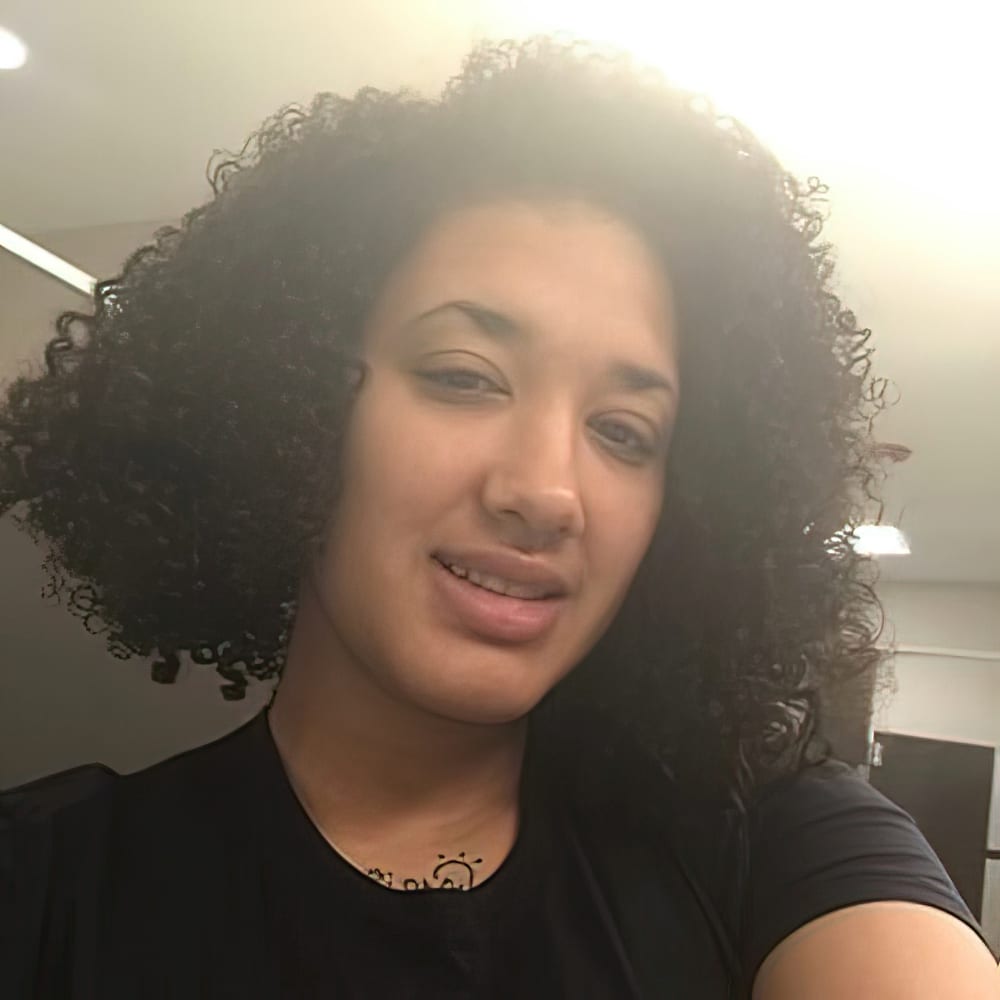
In April 2020, most people around the globe were adjusting to life at home as governments instituted lockdown orders intended to curb the spread of COVID-19. To many, the limitations on normal activities, travel and socializing felt confining.
But for 22-year-old Alexis Martin, April 2020 meant a taste of freedom after more than six years in prison—and before that, sex trafficking.[1]
In an article for The Washington Post, Jessica Contrera shares how Alexis ended up in prison. By age 15, Alexis had experienced so many of the most horrific things that can happen to a girl—sexual abuse, rape, a miscarriage and sex trafficking. Her trafficker, Angelo Kerney, didn’t allow her to attend school and beat her when she threatened to run away. In Alexis’ desperation to escape, she became involved in a robbery plot that ended in the murder of Kerney. The teenage girl was then tried as an adult and sentenced to decades in prison.[2]
Then, in April 2020, the Ohio governor commuted Alexis’ sentence, allowing her to go free with parole. Even with this taste of freedom, she continues to face challenges, such as finding a job, due to the trauma she faced as a teenager and the black mark of a prison sentence.[3]
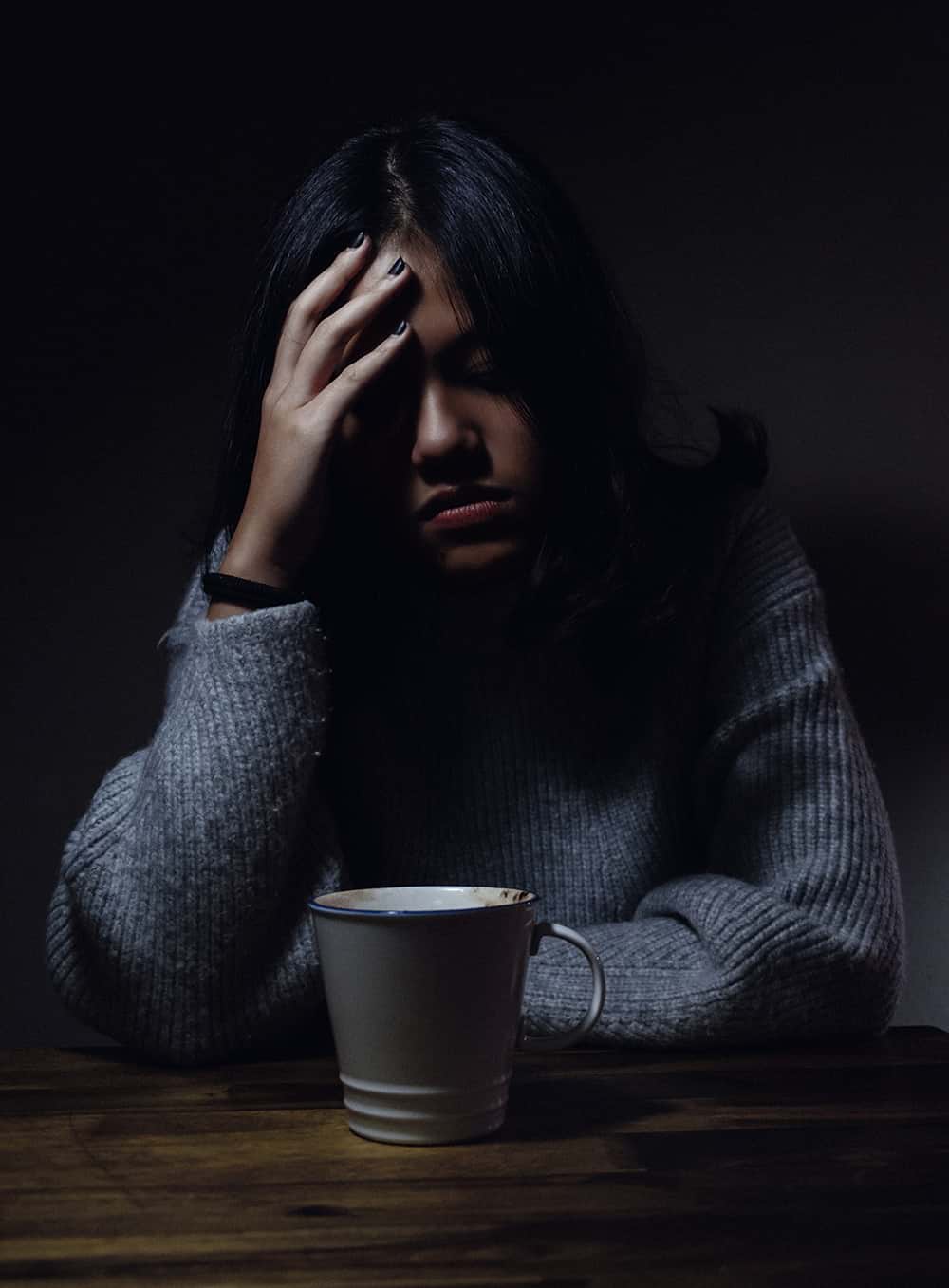
Alexis’ story is one of many showing how the abuse and exploitation of girls can have devastating consequences. Her story happened in America, a country where girls typically have many freedoms and opportunities that girls in developing nations do not. And Alexis’ story happened before a pandemic that caused far-reaching social and economic impacts for the entire world.
In some places, such as the United States, the availability of COVID-19 vaccines and the easing of many restrictions have made the virus seem more distant. Yet lurking in its shadow is a crisis threatening the safety and health of girls. As social isolation and poverty have increased, girls have potentially become the most under-recognized victim group of the pandemic.
Globally, the pandemic has threatened girls’ education, increased their risk for the kind of abuse and trafficking that devastated Alexis’ teenage years, and made them more vulnerable to child marriage and teen pregnancy. While statistics from 2021 regarding girls’ well-being remain to be counted, in spring 2020 non-profit organizations were already predicting that the pandemic’s economic strain on families and the shutting down of schools would negatively impact the health, education, safety and general well-being of girls if communities didn’t prioritize giving girls needed attention, care and education.
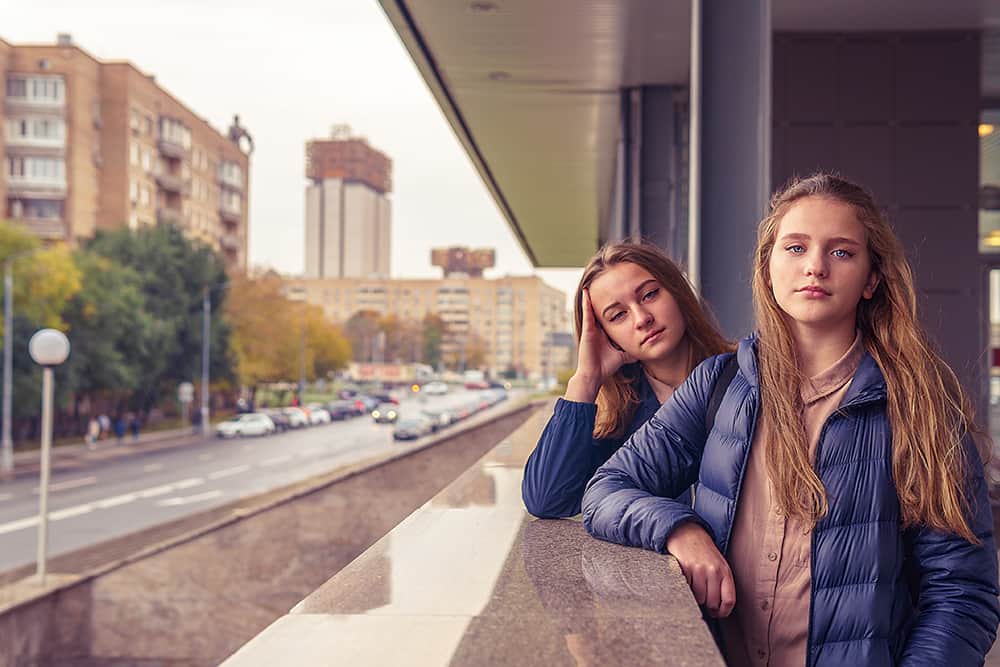
COVID-19: A Long-lasting Threat to Education
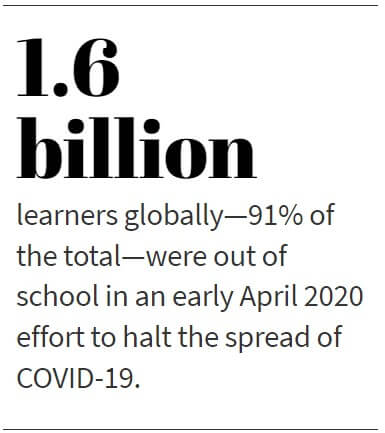 As COVID-19 rapidly spread across the globe in the spring of 2020, governments around the world decided to keep people at home in hopes of slowing the pandemic. Large numbers of people could not work at all, while others lost income as business slowed or stopped due to the drop in customers. This especially hurt low-income workers who could not simply work from home, such as migrant laborers, daily wage laborers and others who lost their livelihood during the lockdowns. Gita Gopinath, an economist and director at the International Monetary Fund, suggests that the pandemic caused the greatest recession since the Great Depression.[4]
As COVID-19 rapidly spread across the globe in the spring of 2020, governments around the world decided to keep people at home in hopes of slowing the pandemic. Large numbers of people could not work at all, while others lost income as business slowed or stopped due to the drop in customers. This especially hurt low-income workers who could not simply work from home, such as migrant laborers, daily wage laborers and others who lost their livelihood during the lockdowns. Gita Gopinath, an economist and director at the International Monetary Fund, suggests that the pandemic caused the greatest recession since the Great Depression.[4]
Now, with the pandemic further stretching struggling families’ resources, girls likely have faced, and will continue to face, lower chances of receiving needed nutrition and attending school.
Being in a classroom protects girls from sexual predators, unhealthy relationships and abusive parents or relatives. But due to lockdowns, many girls no longer have the classroom as a safe space.
According to the global non-profit Save the Children, “In early April 2020, in an effort to halt the spread of COVID-19, an estimated 1.6 billion learners globally—91% of the total—were out of school. For the first time in human history, an entire generation of children globally have had their education disrupted.”[5]
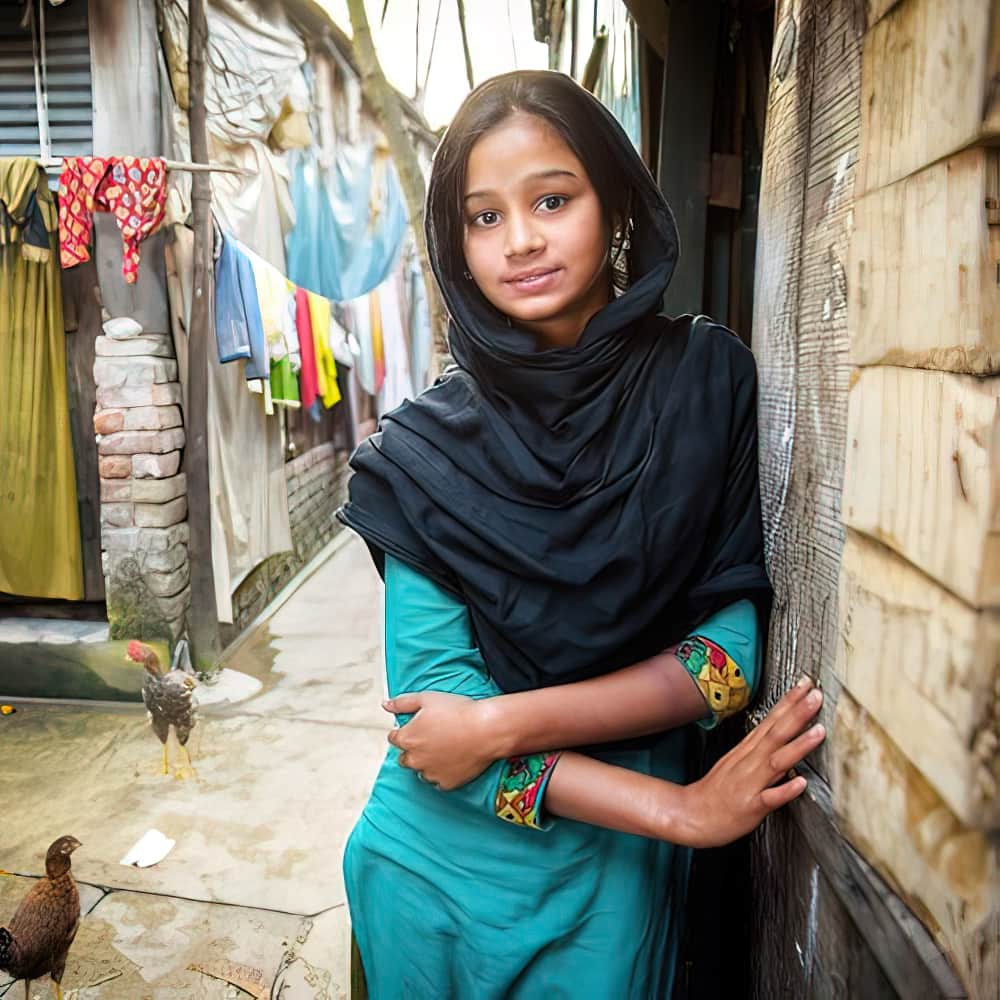
Now, more than a year later, many children have spent more than a year out of the classroom—and may never return.[6]
As girls stay out of school, they risk devastating consequences to their health, well-being and future opportunities. Studies from the Ebola crisis have suggested that once girls were taken out of school due to Ebola, many didn’t return, even long after schools reopened.[7]
School closures pose the greatest challenge for girls in developing nations, where families may be struggling financially and communities may not have access to the technology needed for distance learning. Sometimes girls bear a greater burden in supporting the family during challenging times. They may be given extra household responsibilities, including caring for younger siblings or sick family members; this can decrease their opportunities to do schoolwork at home—and their chances of returning to school when the pandemic subsides.[8]
As schools in some places reopen, the pandemic’s effects are starting to be seen. In Kenya, for example, only 84 percent of teen girls returned to school, while 92 percent of teen boys came back.[9] This could be just the tip of the iceberg. Malala Fund, an NGO supporting girls’ education, estimates 20 million girls in developing countries will not return to the classroom.[10]
As the pandemic is curtailing girls’ education, it is also putting them at risk for abuse, exploitation and violence. Being in the classroom can help protect girls from sexual predators, unhealthy relationships and even abusive parents or relatives. But due to lockdowns, many girls no longer have the classroom as a safe space.[11]
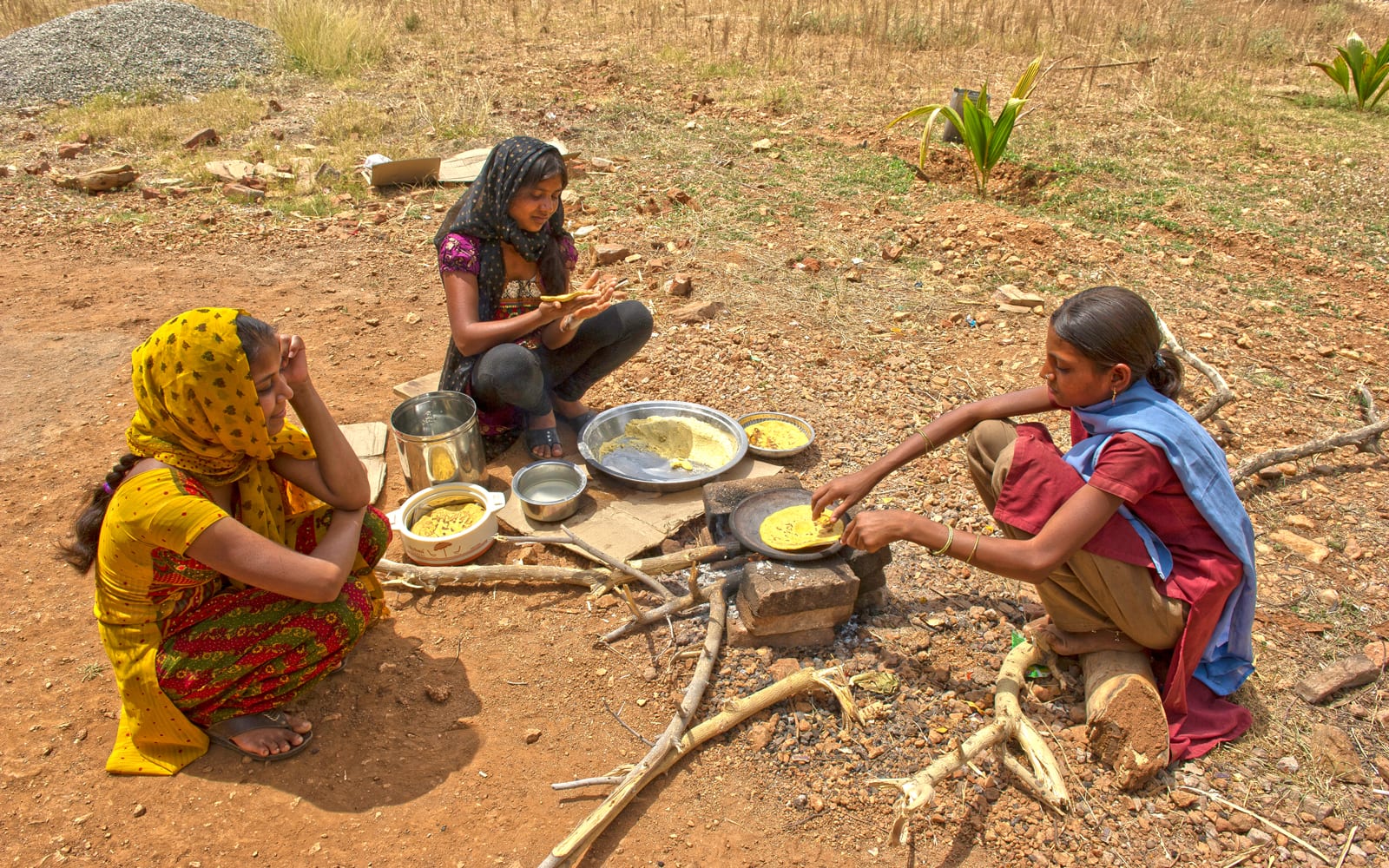
Girls Pushed into Adult Responsibilities
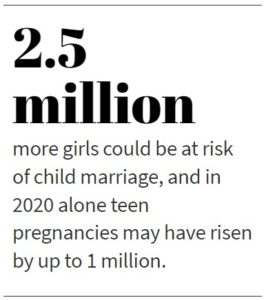 Mayawati, a teenager in Nepal, wanted to continue school and study agriculture. “But her family’s struggles during the pandemic made her feel guilty about being a burden to her parents,” wrote Bhadra Sharma and Jeffrey Gettleman for The New York Times.[12] “She dropped out of school, then married a man who worked as a menial laborer. Her dreams … have quietly slipped away.”
Mayawati, a teenager in Nepal, wanted to continue school and study agriculture. “But her family’s struggles during the pandemic made her feel guilty about being a burden to her parents,” wrote Bhadra Sharma and Jeffrey Gettleman for The New York Times.[12] “She dropped out of school, then married a man who worked as a menial laborer. Her dreams … have quietly slipped away.”
Mayawati’s story reflects that of others in Nepal and around the world.[13] Because of the pandemic, parents struggling to feed their children may feel the need to marry off their daughters to reduce the number of mouths they must feed.[14] In addition, as girls spend time out of the classroom, they may spend more time with men and more unsupervised time with boys, which increases their chances for teen pregnancy and child marriage.[15][16]
Save the Children predicts a “dramatic surge in child marriage and adolescent pregnancy”: Within a five-year span, 2.5 million more girls could be at risk of child marriage, and in 2020 alone teen pregnancies may have risen by up to 1 million.[17]
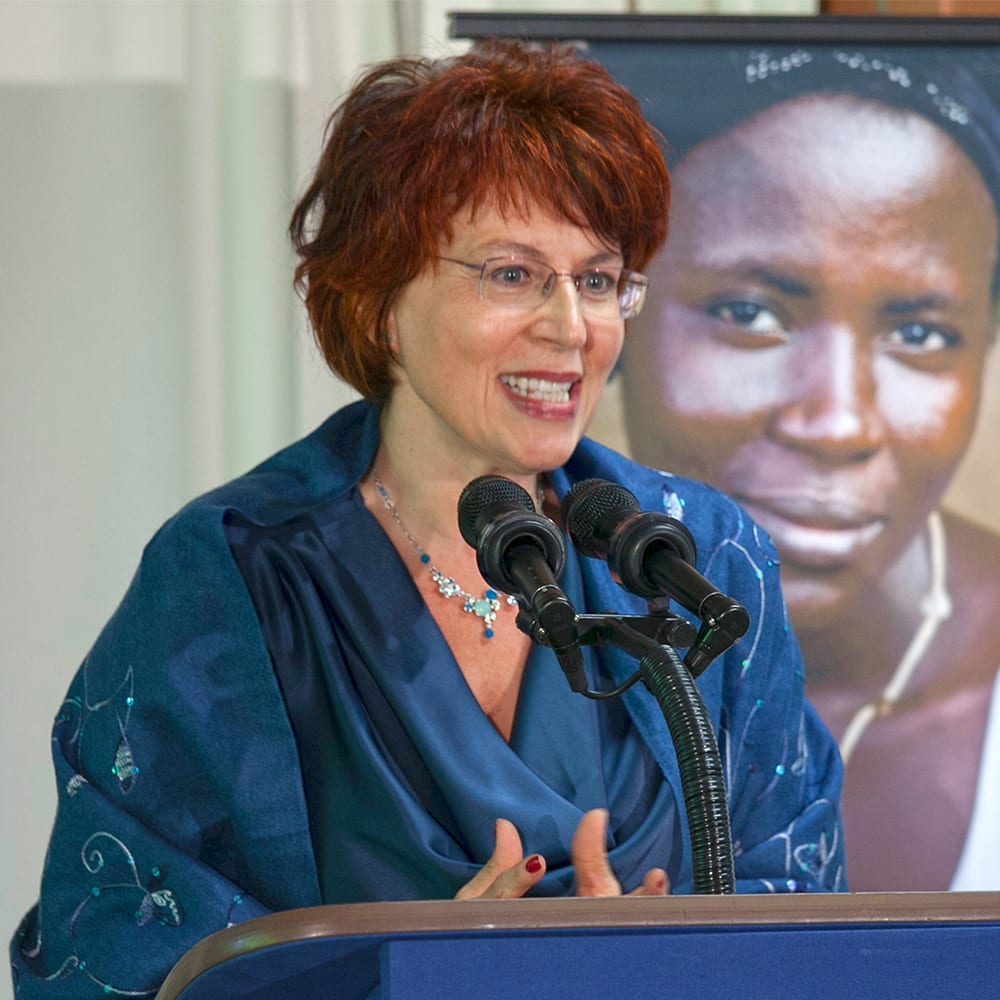
This means that those girls may lose the chance to ever complete their education, which will limit their chances for jobs in the future. In addition, girls who marry young are more vulnerable to sexual abuse and violence.[18] Child marriage and teen pregnancy also threaten girls’ physical health. Girls who give birth at very young ages can face a host of complications, including miscarriage, obstetric fistula—and death.[19][20]
“Complications of pregnancy and childbirth are the leading cause of death in young women aged 15–19,” says Dr. Flavia Bustreo, a leader in the World Health Organization’s Partnership for Maternal, Newborn and Child Health. “Young girls who marry later and delay pregnancy beyond their adolescence have more chances to stay healthier, to better their education and build a better life for themselves and their families.”[21]

A Pandemic of Abuse and Exploitation
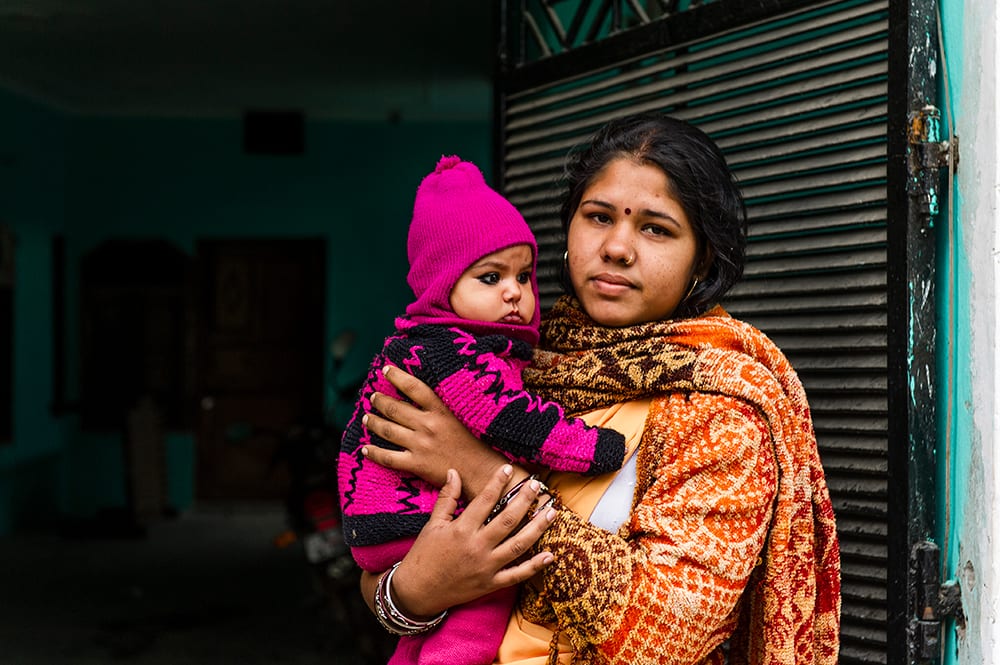
As girls face an increased risk of child marriage, they are also becoming more vulnerable to violence and trafficking.
In May 2020, World Vision, a Christian community development organization, suggested up to 85 million children worldwide would be exposed to physical, sexual or emotional violence for three months over the COVID-19 quarantine.[22] Imagine how many more children have now been impacted—lockdowns in many nations extended to well over a year! And while all children can face violence, girls and young women may also face abuse from a husband or boyfriend, rape, sexual assault or sexual harassment.
UNICEF reports that approximately 120 million girls and young women under age 20 have been raped or forced to perform sexual acts.[23] According to the World Health Organization, around 1 in 3 women endure physical or sexual violence from a romantic partner or sexual violence from some person during their lifetime.[24]
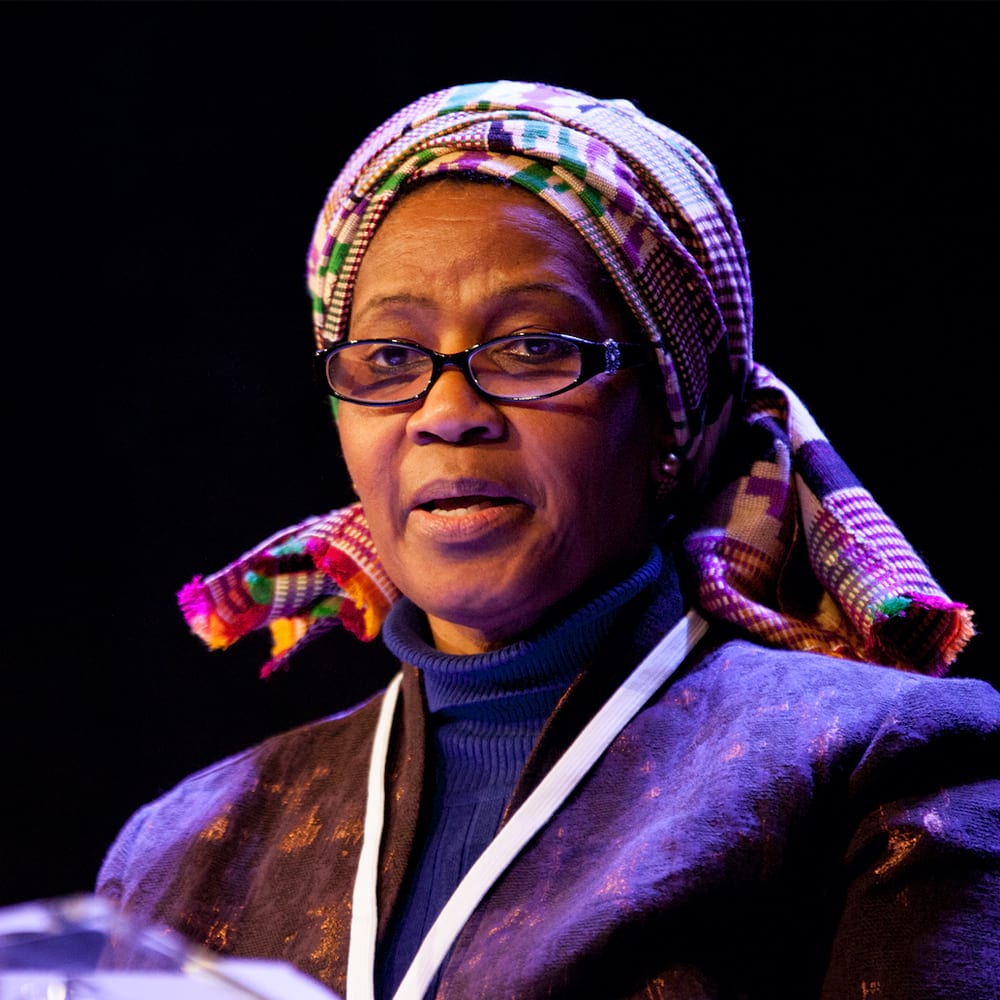
Executive Director of UN Women
Photo by New African Woman Magazine
“It’s deeply disturbing that this pervasive violence by men against women not only persists unchanged, but is at its worst for young women aged 15-24 who may also be young mothers,” commented Phumzile Mlambo-Ngcuka, executive director of UN Women. “And that was the situation before the pandemic stay-at-home orders. We know that the multiple impacts of COVID-19 have triggered a ‘shadow pandemic’ of increased reported violence of all kinds against women and girls.”[25]
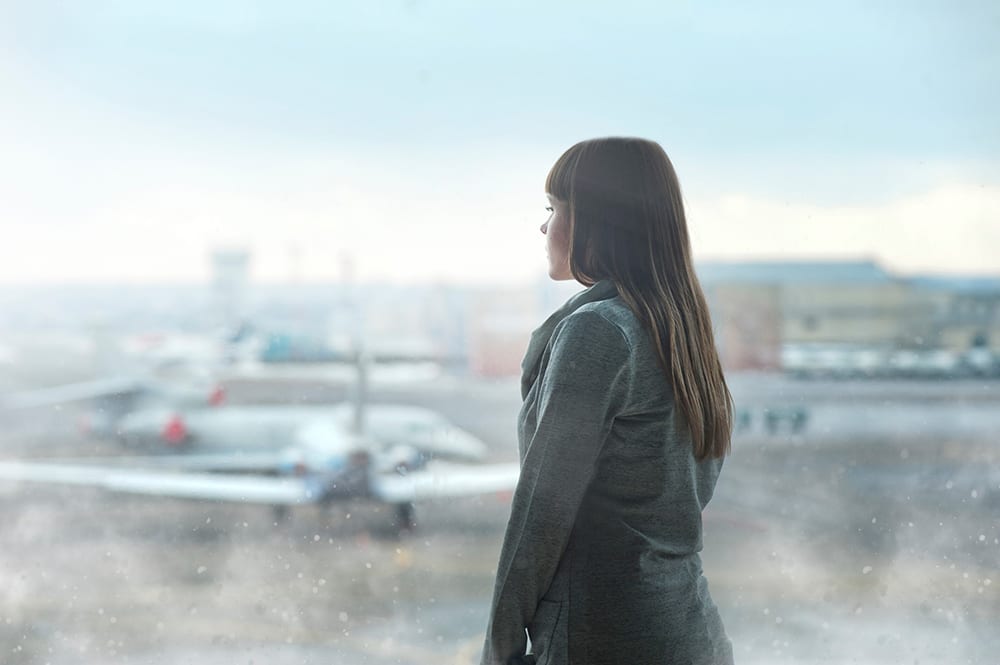
The pandemic has also increased girls’ risk for human trafficking. In April 2020, the anti-trafficking organization Polaris Project observed a 40-percent spike in the number of crisis calls to the U.S. National Human Trafficking Hotline requiring intervention within 24 hours.[26]
This increase in human trafficking didn’t just occur in the United States, though, and it may have the worst impact on developing nations, some of which have been hardest-hit by the virus. The U.N. Office of Drugs and Crime has predicted trafficking rates will increase, especially in places where unemployment rates have rapidly increased, and people from poor communities will likely be trafficked to places recovering more quickly.[27]
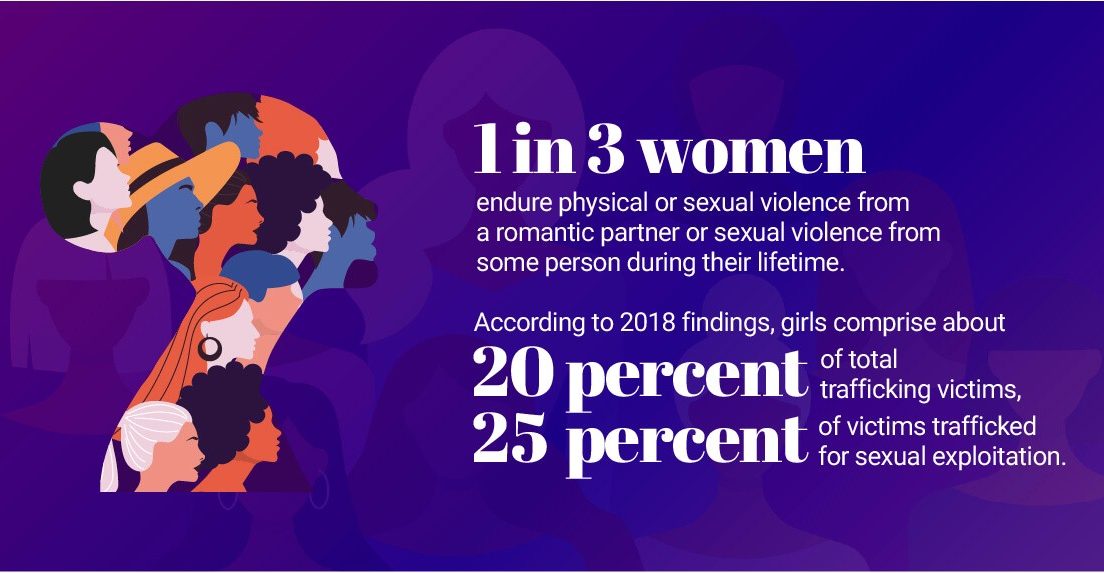

This may continue even years from now, due to the pandemic’s ongoing financial and social impacts. Times of economic need make children especially vulnerable to trafficking, and if a girl comes from a dysfunctional family situation or a home where one parent is absent, that also increases her risk for trafficking.[28] Furthermore, in places where children can easily access technology, they are spending more time online, which places girls in the sights of predators who might target them for sexual exploitation or abuse.[29] As the pandemic continues to strain both the economy and family relationships, girls will be increasingly at risk for trafficking. According to 2018 findings, girls comprised about 20 percent of total trafficking victims and 25 percent of victims trafficked for sexual exploitation,[30] but those percentages may increase due to changes in society, such as children’s increased time online, emotional stressors on parents (which may distract their attention from their children) and increased financial burdens on families (which may cause parents, especially in developing countries, to send their daughters to work, thus making them more available to traffickers).
Turning the Tide of the Pandemic’s Impact on Girls
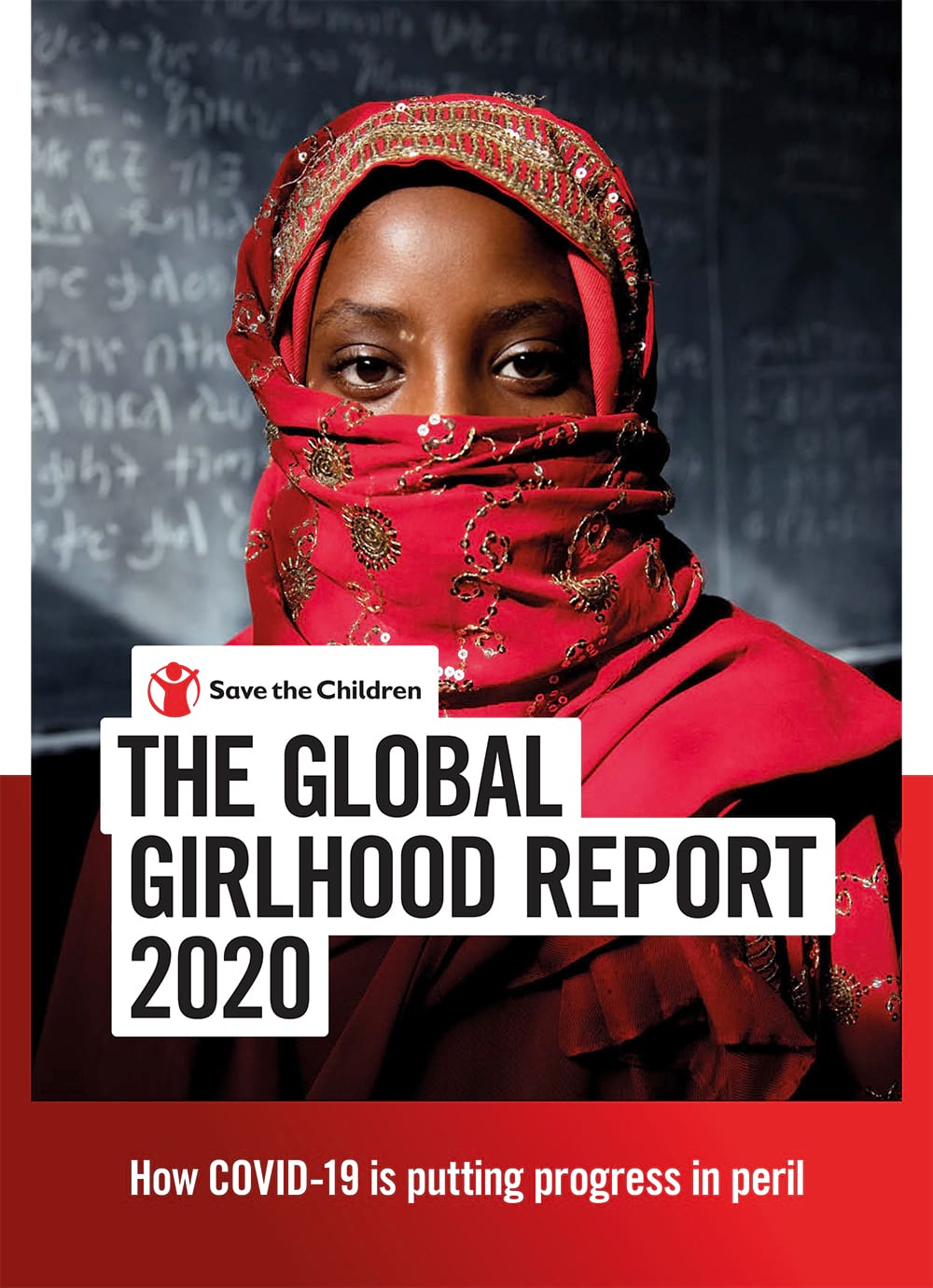
As reports and predictions increasingly forecast a grim future for girls, it’s clear the COVID-19 pandemic has become a global crisis for girls in a unique way.
Save the Children’s 2020 Global Girlhood Report sums it up: “The worst health impacts for girls might not result from infection with the virus. Instead, the greatest impacts on girls of the COVID-19 crisis are likely to be losing access to other health services, increasing poverty, food insecurity, losing access to education and being exposed to violence.”[31]
Even one year of financial and social upheaval can sow years of consequences. Women like Alexis can attest to the toll taken by years of physical, emotional and sexual abuse or trauma. What will happen to a generation of girls whose lives have been upended by the COVID-19 pandemic? How many years will it take to overcome the consequences of limited or halted education and increased chances for abuse or exploitation?
Now is the time to stand with non-profit organizations and governing authorities to ensure girls don’t fall through the cracks. Fostering safe communities for girls and promoting their nutrition, health and education can help protect and nurture girls to have a strong future despite the setbacks of a long pandemic.
Throughout the pandemic, GFA World’s child sponsorship program has worked to meet the basic needs of children in the program, along with their families and communities. Gospel for Asia (GFA) workers provided COVID-19 relief to 2 million people during the pandemic in 2020 alone, and child sponsorship centers became community kitchens.
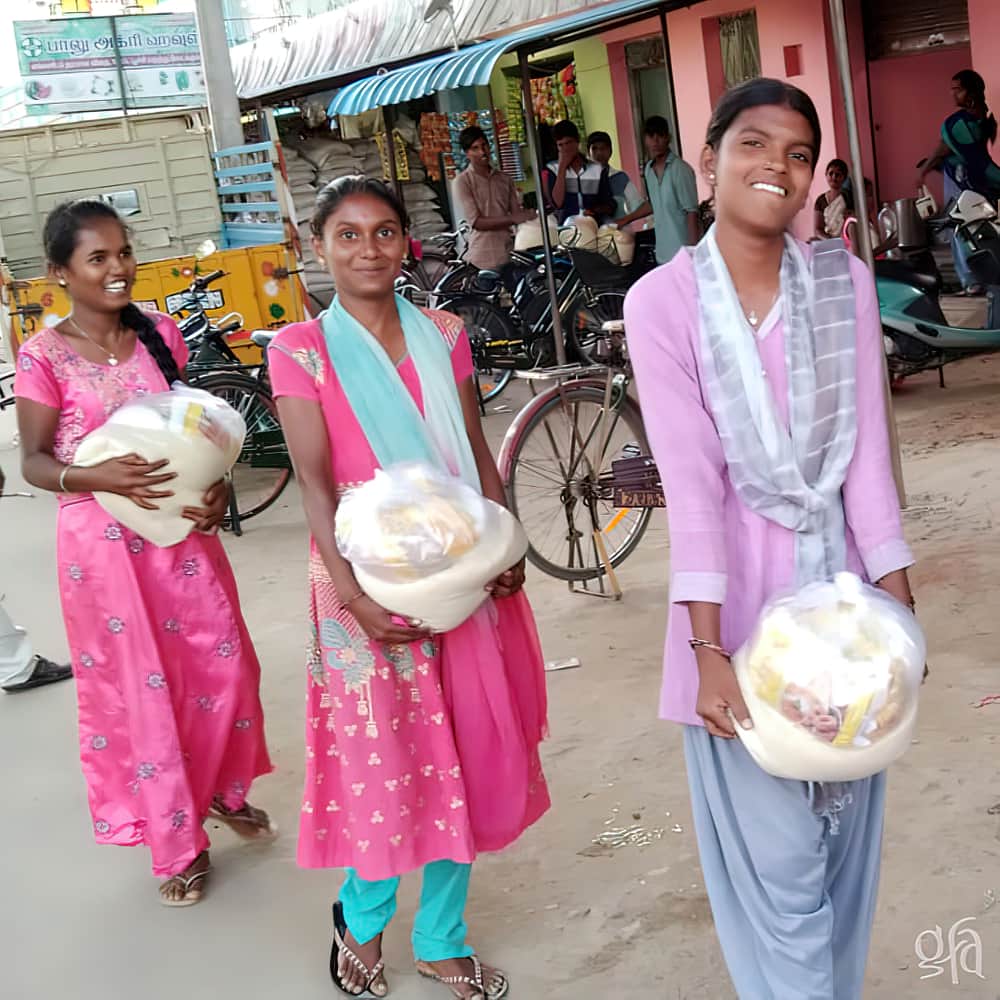
At one food distribution event during the pandemic, Gospel for Asia (GFA) workers met Ajia, a 13-year-old girl who was caring for two younger brothers. They have parents, but their parents were living in a different country to find work and were sending money home to their children—until they lost work due to the pandemic. This left the children without money for their basic living expenses. The Gospel for Asia (GFA) workers were able to give Ajia and her siblings needed supplies and groceries.
“Thank you for your love and care toward us,” Ajia said. “You are the one who knew about our situation and fulfilled our needs.”
By providing something as basic as food, Gospel for Asia (GFA) workers are helping girls stay healthy—and keeping girls from begging on the streets, which may lead to exploitation. Hopefully, these free meals and groceries will not only provide for girls’ basic nutrition but also ease families’ financial burdens and encourage hard-pressed parents, making the home environment safer and more positive.
To mitigate the effects of the pandemic on girls’ well-being, child sponsorship programs and other non-profits must be able to continue their community development work to meet communities’ basic health and safety needs. Gospel for Asia (GFA World) and other organizations provide practical care to communities that benefits girls, such as clean water and sanitation facilities. Clean water is vital for everyone at all times, but it is even more important for girls so they can practice good menstrual hygiene, which is often compromised during times of emergency.[32] Constructing toilets not only improves the health of entire communities, but it also protects girls. Girls who must walk to a distant field to go to the bathroom risk sexual harassment or assault, especially because many go at nighttime for privacy reasons.
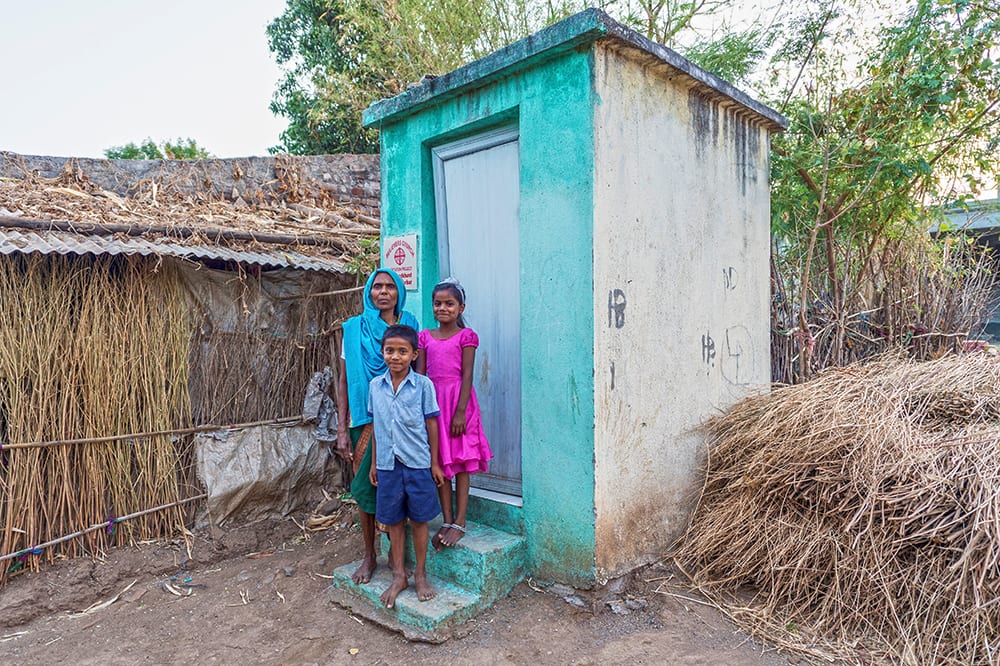
Fostering Safety and Education
While meeting the basic needs of girls, non-profits and communities and families must also work to value and protect girls and their education. Malala Fund is partnering with organizations and governments in several developing nations to promote digital learning, secure education funding for girls and ensure girls’ mental and physical well-being during school closures.[33]
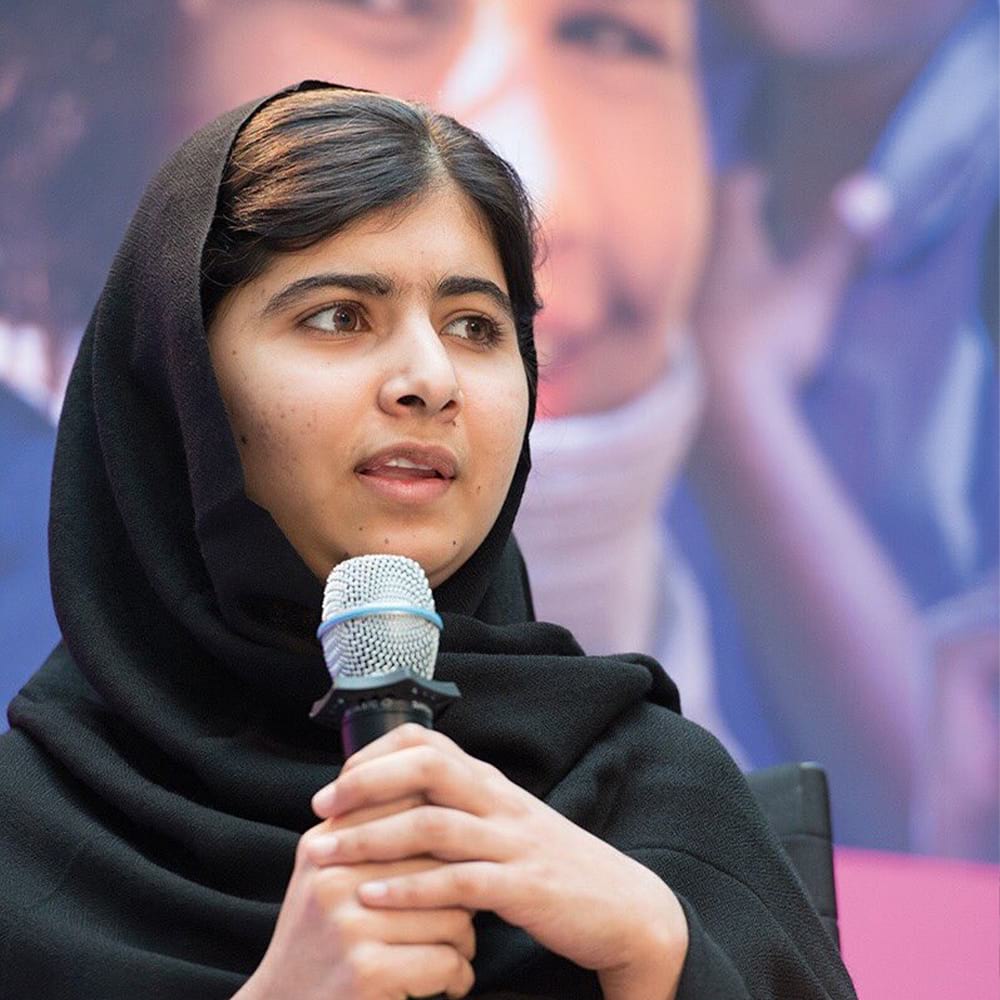
“Our goal should not be a return to the way things were but instead a renewed commitment to the way the world should be, a place where every girl can learn and lead.”[34]
Gospel for Asia (GFA) workers have encouraged communities to promote girls’ education, even during the pandemic. Last October, Gospel for Asia (GFA) workers in one community held a small International Day of the Girl celebration at the local church, where regional pastors and a Women’s Fellowship leader shared about the importance of valuing girls.
“Children are a gift from God; they are His reward,” explained the Women’s Fellowship leader, referencing Psalm 127.
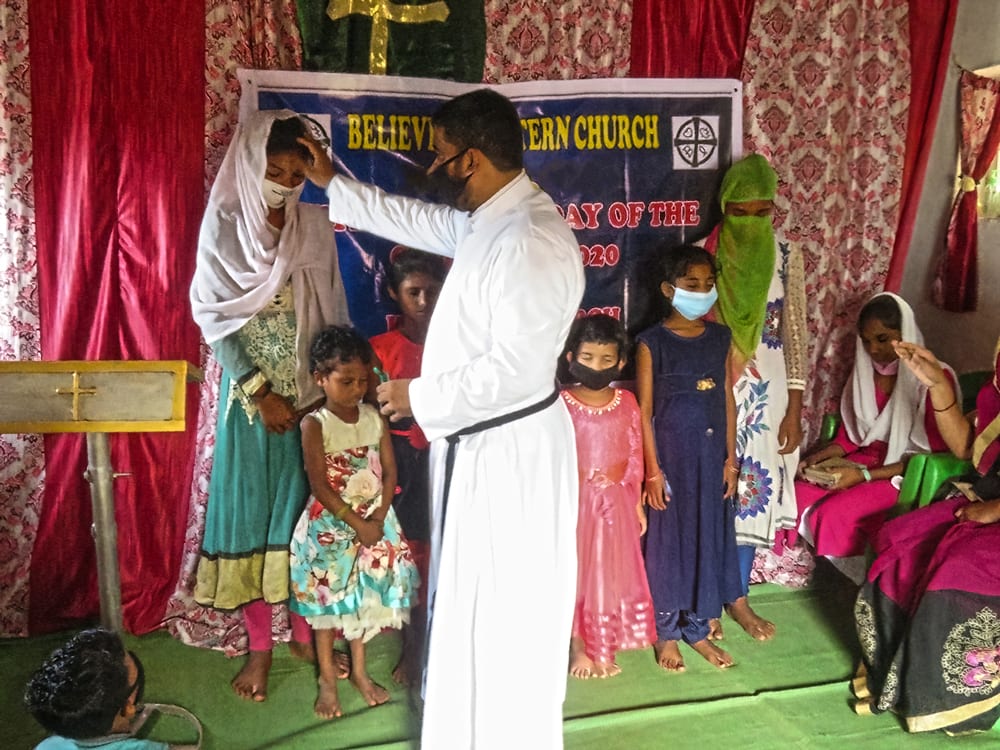
One of the pastors then prayed for each girl present while the other attendees lifted their hands toward the girls in a sign of agreement with his prayer of blessing. At the end of the program, the girls each received a pen and a chocolate bar.
These may seem like small gifts, but even small ways of showing respect for girls can impact a community.
“I acknowledged the fact that a girl child is a great blessing for the family, church and in our society, who must not be considered as a burden, rather an instrument for source of blessings,” said one woman present.
“A girl child must not be shown any partiality from her parents nor put down without knowing her potential. … She must be educated well and needs to be motivated,” shared a 15-year-old girl who attended.
As churches, non-profits and governments work together to help girls reach their potential, girls will most likely have safer communities. Parents who value their daughters will probably spend more time with them, engage them in conversation more often, and help them to develop healthy relationships. In countries where technology is available, this means parents will safeguard their daughters’ online experience.
As families and communities choose to embrace and educate their daughters, girls will face a lower risk of trafficking, violence and abuse.
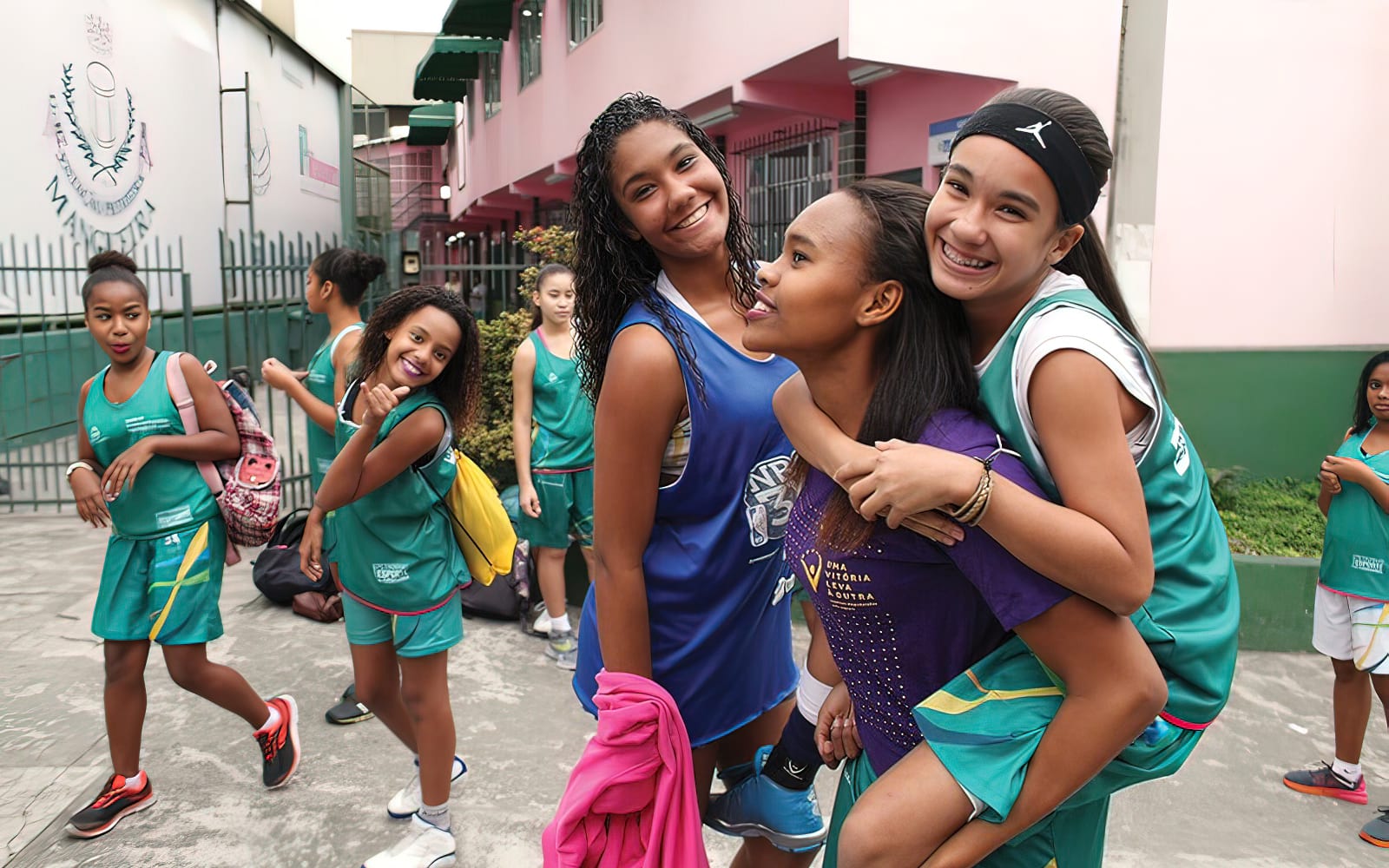
Fighting Injustice
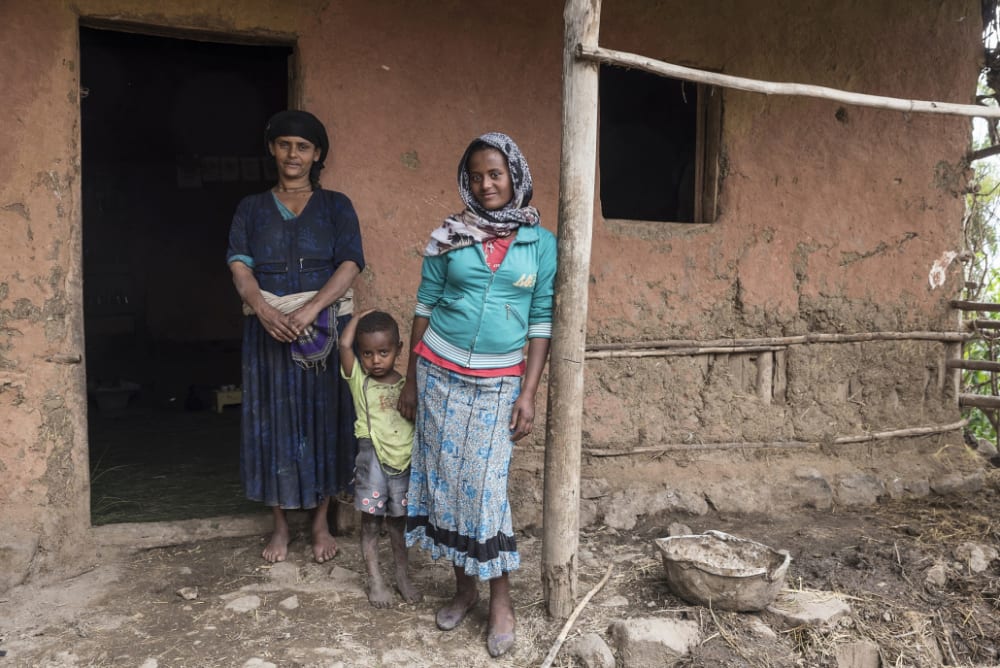
While creating safe environments for girls is key, organizations and governments must also work together to end child marriage and trafficking and provide justice and care to girls who have already been victimized.
In 134 countries, child marriage (marriage where at least one partner is under age 18) can happen if a parent, judge or authority consents.[35] In the United States, several states allow for child marriage if a parent consents. North Carolina and Alaska allow a girl to be married at 14 if she is pregnant.[36] In 2002, North Carolina received a marriage application from a 57-year-old wanting to marry a 17-year-old.[37] Because of exceptions in the law, a teenage girl may be pressured or even forced into marriage by her parents or others, so advocates suggest that governments should keep the marriage age at 18—with no exceptions.[38]
Calling on governments to remove exceptions to the legal marriage age can protect girls from experiencing statutory rape and/or being forced to marry someone who may have abused them. It can help these girls grow up with a better chance of finishing school and choosing a partner when they are old enough to know what is right for them.
The Dominican Republic reached a milestone this year in the fight against child marriage: On January 6, the nation’s president approved a bill removing any grounds for child marriage.[39] Now that marriage is prohibited for anyone under age 18 in the Dominican Republic, girls there will be less vulnerable to human trafficking and abuse.

Meanwhile, despite the pandemic, organizations such as International Justice Mission, Freedom Firm and Exodus Cry have continued their work to rescue girls (and other victims) from trafficking, bring justice to traffickers and provide care to survivors.
One victory in the fight against trafficking occurred in the success of the Traffickinghub campaign, which has been shining a light on the prevalence of the abuse of women and children found on the website Pornhub.[40] The Traffickinghub campaign, along with a New York Times editorial by Nicholas Kristof, drew attention to this and eventually encouraged government leaders and businesses to investigate allegations that Pornhub was profiting from child pornography and rape.[41] Eventually, Visa, Mastercard and Discover refused to process transactions on the site, and Pornhub had to remove nearly 80 percent of its videos. Meanwhile, senators have introduced two bills in Congress to help protect women and girls from pornography being posted online without their consent; one bill makes it easy for victims to sue platforms like Pornhub, and another requires such platforms to provide proof of age and consent for the individuals appearing in videos.[42]
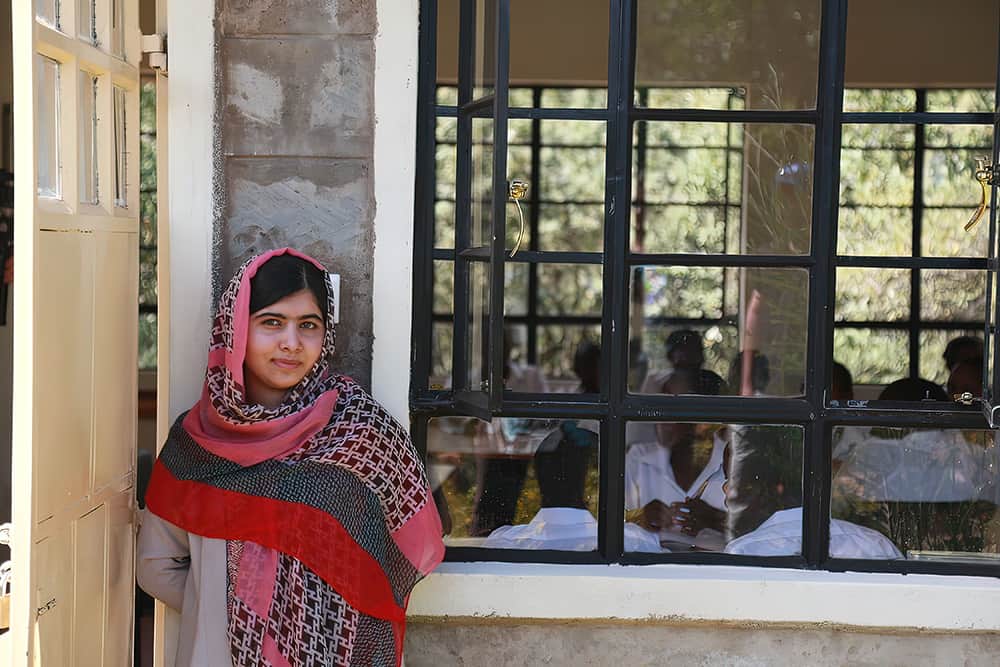
A New Beginning

Serena, one of the women interviewed by Kristof, was 14 when a classmate asked her to send him a naked video of herself. She did, and he posted it on Pornhub without her consent. As classmates mocked her for it, she fell down a spiral of shame, suicide attempts and drug addiction.[43]
“A whole life can be changed because of one little mistake,” she told Kristof.[44]
Making mistakes is a normal part of a child’s development. But for girls, the cost of a “mistake” is often too high. Trusting someone who turns out to be untrustworthy or failing to stay safe online could entrap a girl in years of abuse and exploitation. For some girls, lacking a strong family or support system simply endangers them, apart from any decisions they have made. Girls’ risks are increasing, whether they are making “mistakes” or not.
For Alexis Martin, one mistake was trusting a man who ended up trafficking her.[45] Now, although life on parole has its hardships, she is free from trafficking and free from prison. She has been living with a mentor and working to save money, buy a car and attend college. She now goes by Kee, a shortened version of her middle name, to remind herself that she is a new person.[46]
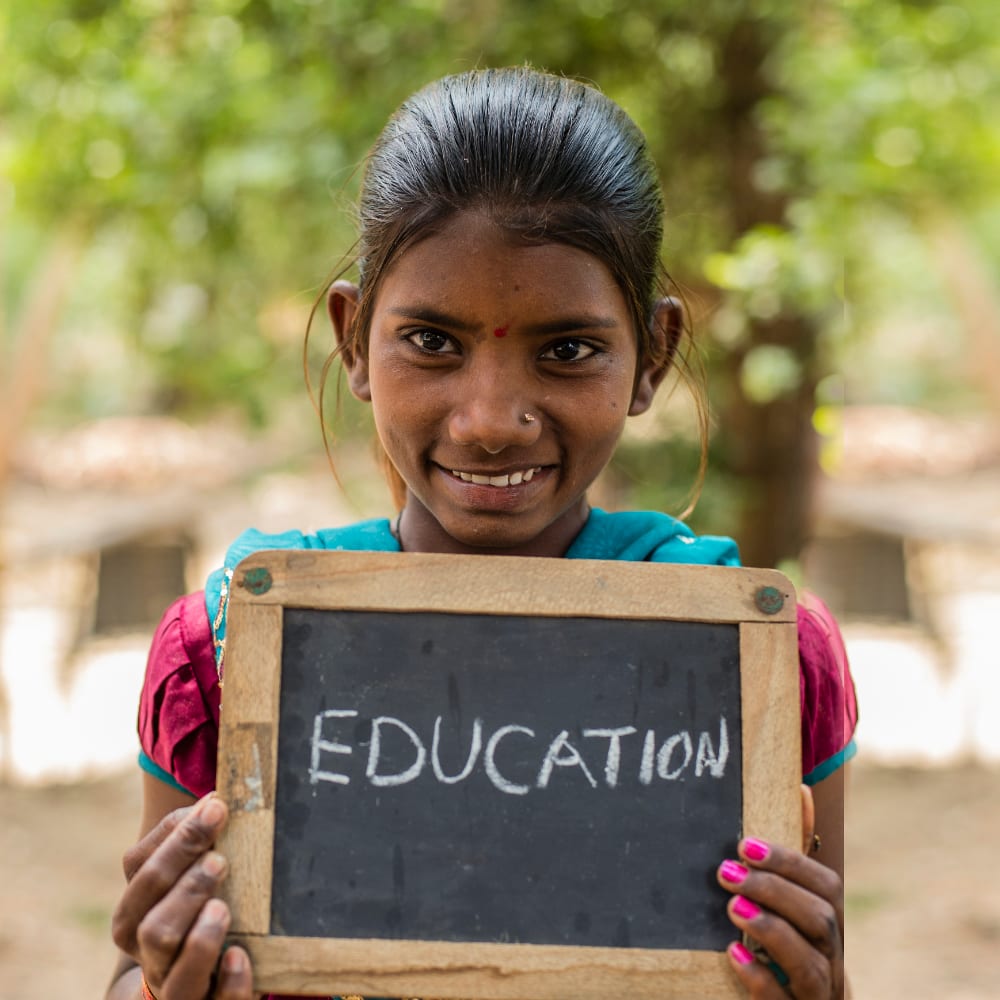
For girls, a single mistake—or a single experience of abuse—can yield years of pain or injustice. COVID-19 has been making their lives more difficult and more dangerous. Months of poverty, neglect and violence have the potential to derail girls’ futures. Like Alexis, girls who have endured trauma can gain a fresh start, but they will need support, advocacy and help to break the grip of destructive forces on their lives. That’s why it’s more vital than ever to provide girls with safe, nurturing environments and to bring justice and aid to those who’ve been abused.
There is much work to be done, but organizations, communities and governments can work together to equip girls with education; protect them from trafficking, child marriage and violence; and help girls who have been exploited find restoration. The COVID-19 pandemic will have years of consequences, but with God’s help, we can prevent it from destroying girls’ lives. We can witness a new beginning.
If you want to support girls in South Asia and Africa, consider a one-time donation to help young victims who have been delivered from desperate situations in their lives, but are still struggling everyday. Your gift will provide for their pressing needs, while we locate permanent sponsors to cover their monthly needs to remain in school.
About GFA World
Gospel for Asia (GFA World) is a leading faith-based global mission agency, helping national workers bring vital assistance and spiritual hope to millions across the world, especially in Asia and Africa, and sharing the love of God. In GFA World’s latest yearly report, this included thousands of community development projects that benefit downtrodden families and their children, free medical camps conducted in more than 1,200 villages and remote communities, over 4,800 clean water wells drilled, over 12,000 water filters installed, income-generating Christmas gifts for more than 260,000 needy families, and teaching providing hope and encouragement available in 110 languages in 14 nations through radio ministry. GFA World has launched programs in Africa, starting with compassion projects in Rwanda. For all the latest news, visit our Press Room at https://gfanews.org/news/.
Read more news on GFA World, National Missionary Workers, World Missions and the COVID 19 Pandemic.
GFA’s Statement About Coronavirus
Learn more by reading this Special Report from Gospel for Asia on the Lord’s work in 2020 through GFA and the partnerships worldwide while following Him in His work in 16 nations, including Sri Lanka, Bangladesh and Nepal.
Learn more about Gospel for Asia: Facebook | YouTube | Instagram | LinkedIn | SourceWatch | Integrity | Lawsuit Update | 5 Distinctives | 6 Remarkable Facts | 10 Milestones | Media Room | Widows & Coronavirus | Endorsements | 40th Anniversary | Lawsuit Response | International Offices | Missionary and Child Sponsorship | Transforming Communities through God’s Love
Notable News about Gospel for Asia: FoxNews, ChristianPost, NYPost, MissionsBox
Read what 25 Christian Leaders are affirming about Gospel for Asia.
This Special Report originally appeared on gfa.org.

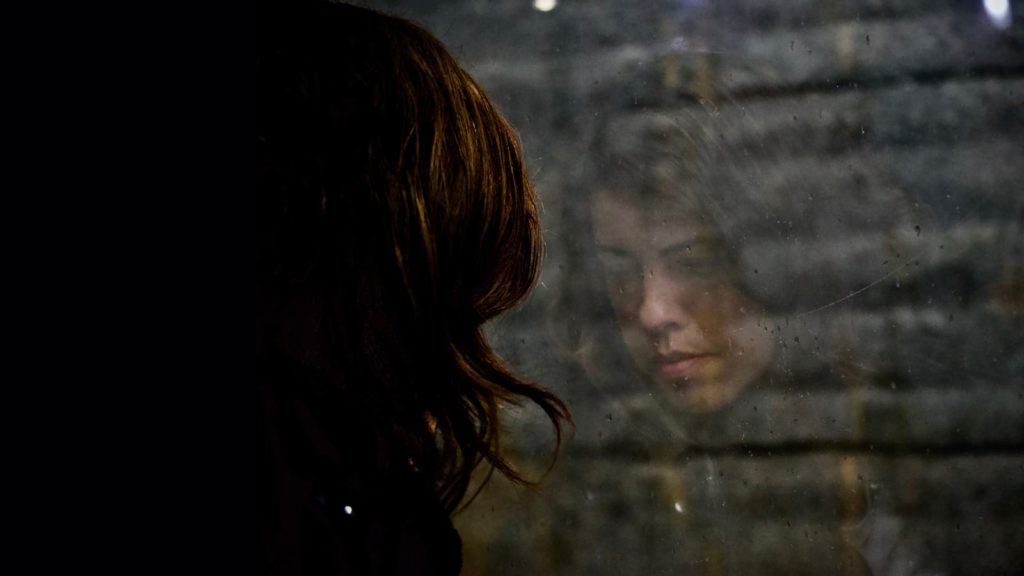




I am not surprised. Appeals for these types of criminal cases are difficult. Common cited case here is R. v. John McAughey, 2002 ONSC 2863, you can look it up online. The appeal was for a conviction of assault on a minor in Sprucedale, Ontario in 2000.